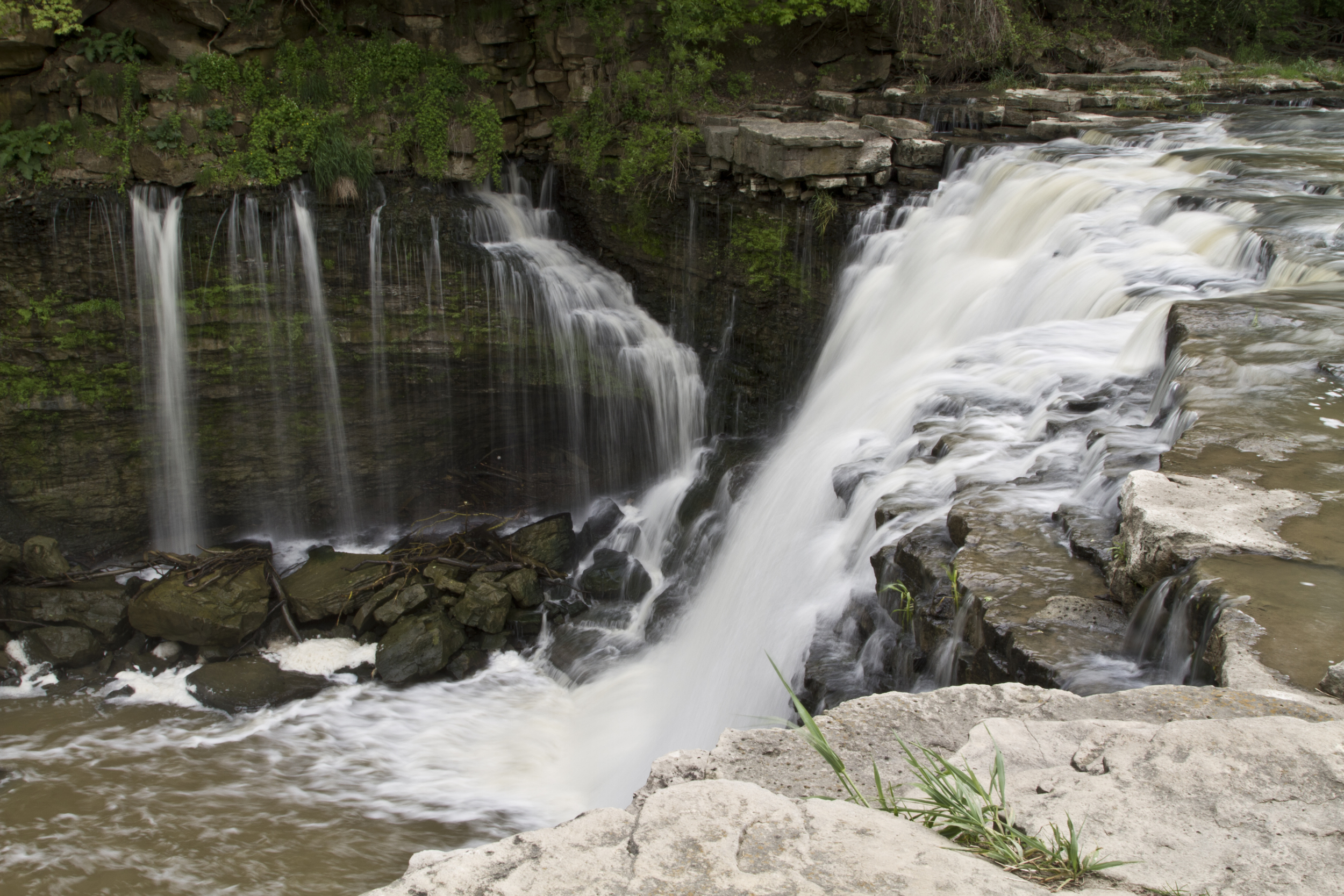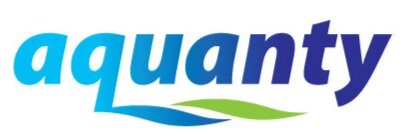

HGS RESEARCH HIGHLIGHT – Evaluation of Hydraulic Conductivity Estimates from Various Approaches with Groundwater Flow Models
Over several decades a wide variety of techniques have been used to estimate the hydraulic flow properties of the subsurface. Here the authors have produced heterogeneous hydraulic conductivity (K) distributions at a heavily instrumented research site using 6 distinct techniques (slight variations in some tests resulted in 9 distinct K distributions):.



HGS RESEARCH HIGHLIGHT – Managing climate change impacts on the Western Mountain Aquifer: Implications for Mediterranean karst groundwater resources
A new study investigates the impact of climate change on water availability within a 9000 sqkm karstic aquifer in Israel and the West Bank, and couples HydroGeoSphere to a soil-epikarst water balance model.

HGS RESEARCH HIGHLIGHT – Effect of topographic slope on the export of nitrate in humid catchments: a 3D model study
Agricultural nutrient runoff refers to the movement of excess nutrients, such as nitrogen and phosphorus, from agricultural lands into water bodies such as rivers, lakes, and oceans. While nutrients are essential for plant growth, excessive runoff can have significant impacts on both human and ecosystem health.


HGS RESEARCH HIGHLIGHT – Testing high resolution numerical models for analysis of contaminant storage and release from low permeability zones
This study by researchers at the University of Guelph and Colorado State University tests out different numerical groundwater flow and transport models to simulate contamination diffusing into and subsequently out of low permeability zones.


HydroGeoSphere at the EGU23 General Assembly
HydroGeoSphere is usually well represented at the annual European Geoscience Union’s General Assembly, but 2023 might be a new record with 10 presentations which relied on the integrated hydrologic modelling capabilities of HGS.

HGS RESEARCH HIGHLIGHT – Disentangling runoff generation mechanisms: Combining isotope tracing with integrated surface/subsurface simulation
A new study co-authored by researchers at Hohai University and Aquanty Staff introduces an effective way to track runoff generation in a headwater catchment by combining isotopic tracer analysis and integrated hydrologic modelling using HydroGeoSphere.
